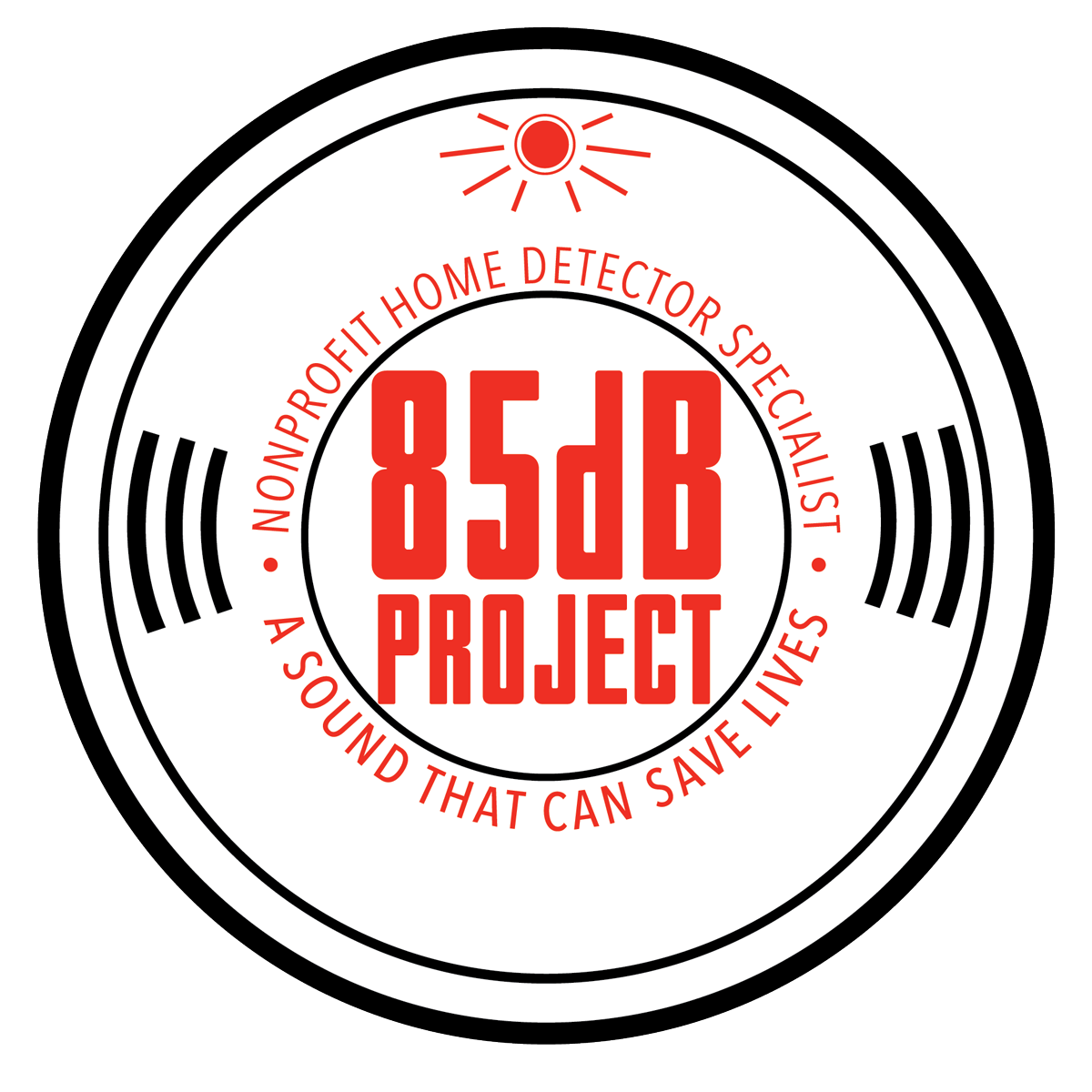In the realm of home safety, few devices are as indispensable as smoke alarms and other detectors. These unassuming gadgets play a pivotal role in safeguarding lives and property by providing early warnings in the event of a fire or other emergencies. This article delves into the reasons why these detectors are a necessity in every home and the various types that contribute to a comprehensive safety net.
- Early Detection Saves Lives:
Smoke alarms act as the first line of defense against the devastating consequences of fires. Their primary function is to detect the presence of smoke, signaling the potential onset of a fire before flames escalate. Early detection allows residents to evacuate promptly, significantly reducing the risk of injuries or fatalities.
- Swift Response to Carbon Monoxide:
Carbon monoxide (CO) is a silent, odorless gas that can be lethal in high concentrations. CO detectors are crucial in homes with fuel-burning appliances, providing an early warning if there’s a buildup of this toxic gas. Timely detection enables residents to ventilate the area, identify the source, and seek professional assistance.
- Protection Against Invisible Threats:
Not all dangers are visible, and that is where detectors for radon gas come into play. Radon is a colorless, odorless gas that can seep into homes, posing a long-term health risk. Radon detectors help identify elevated levels of this radioactive gas, allowing homeowners to take corrective measures and mitigate health hazards.
- Guarding Against the Silent Killer – Fire:
Smoke alarms are instrumental in preventing fire-related tragedies. Whether caused by electrical faults, kitchen mishaps, or other sources, fires can escalate rapidly. A well-placed and properly functioning smoke alarm can provide the critical seconds needed for safe evacuation or to contain a fire before it becomes uncontrollable.
- Comprehensive Coverage with Interconnected Alarms:
Interconnected smoke alarms create a network where if one alarm detects smoke, all alarms in the system sound simultaneously. This interconnected approach ensures that residents are alerted regardless of their location in the house, offering a more comprehensive and rapid response.
- Adaptability to Different Threats:
Modern home detectors are versatile and designed to address various threats. From smoke and CO to radon and even water leaks, detectors have evolved to provide a broader scope of protection, addressing different aspects of home safety beyond just fire prevention.
- Integration into Smart Homes:
With advancements in technology, many detectors are now part of smart home ecosystems. Smart smoke alarms can send alerts to mobile devices, enabling remote monitoring and notifications. This integration enhances convenience and ensures that homeowners are informed even when away from home.
- Legal Compliance and Insurance Benefits:
Many jurisdictions mandate the installation of smoke alarms and certain detectors in residential properties. Adhering to these regulations not only ensures legal compliance but may also have implications for insurance coverage. Homes equipped with proper detectors may be eligible for reduced insurance premiums.
Conclusion:
In the pursuit of a secure home environment, smoke alarms and other detectors emerge as indispensable allies. These devices are not merely gadgets but silent guardians that stand watch, ready to alert residents to potential threats. From fires and carbon monoxide to radon and beyond, these detectors play a crucial role in safeguarding lives and property, underscoring their status as an essential component of every home’s safety infrastructure.


